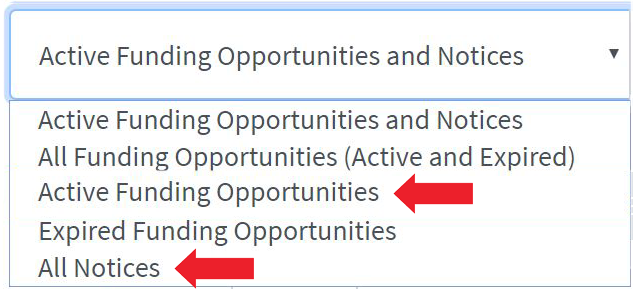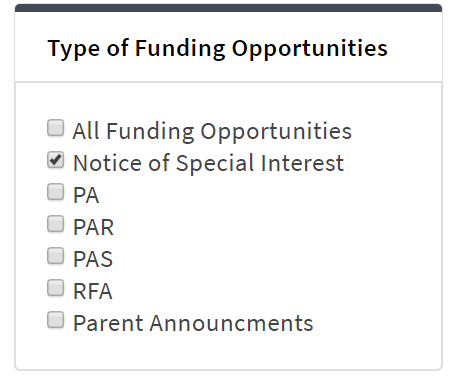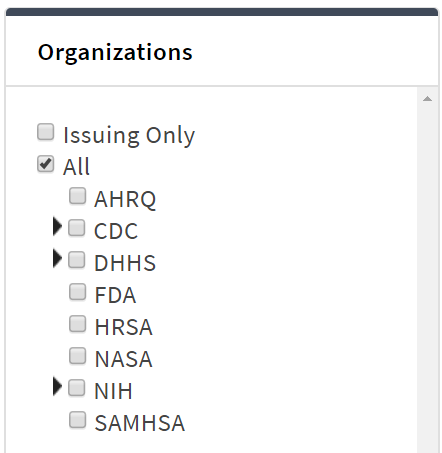Key Dates:
- Opportunity Webinar – January 24, 2020
- Deadline for Questions on Funding Opportunity – January 31, 2020
- Proposals due for Cycle 1 – February 14, 2020
Program Description
Future Army forces will need to conduct cross-domain maneuver (CDM) and at times, operate semi-independently, disbursed, and while communications and infrastructure such as Global Positioning System (GPS) are disrupted or denied. Robotics and Autonomous Systems (RAS) will play a key role in expanding the operational reach, situational awareness, and effectiveness of maneuver forces in CDM. The Combat Capabilities Development Command (CCDC) Army Research Laboratory (ARL) is focused on developing fundamental understanding and informing the art-of-the-possible for warfighter concepts through research to greatly improve air and ground based autonomous vehicle perception, learning, reasoning, communication, navigation, and physical capabilities to augment and increase the freedom of maneuver in complex and contested environments. The Scalable, Adaptive, and Resilient Autonomy (SARA) program is focused on developing and experimentally accelerating emerging research in autonomous mobility and maneuverability, scalable heterogeneous and collaborative behaviors, and human agent teaming to realize adaptive and resilient Intelligent Systems that can reason about the environment, work in distributed and collaborative heterogeneous teams, and make optempo decisions to enable Autonomous Maneuver in complex and contested environments. In order to achieve this vision, advancements are needed in following:
- Novel methods for all-terrain ground and aerial maneuver to interact with and move through complex environments.
- Methods for scalable and heterogeneous collaborative behaviors in support of collaborative air and ground manned-unmanned teaming operations.
- Techniques for improved perception, decision-making, and adaptive behaviors for fully autonomous maneuver in contested environments.
- Methods, metrics, and tools to facilitate, simulate, and enable testing and evaluation of emerging approaches for intelligent and autonomous systems under Army relevant constraints and environments.
- Experimental testbeds to develop and refine knowledge products to inform and transition technology to Army stakeholders.
Additional information, including the solicitation, can be found on the SARA webpage or on grants.gov.








